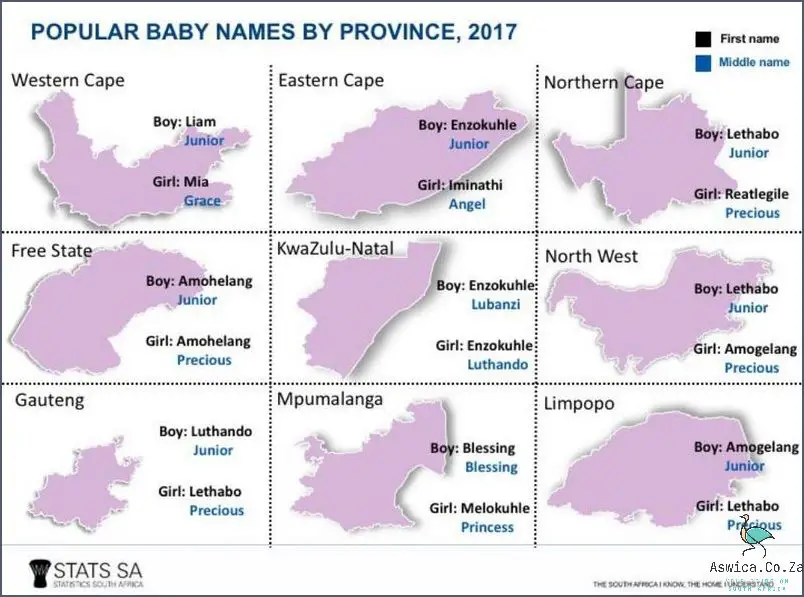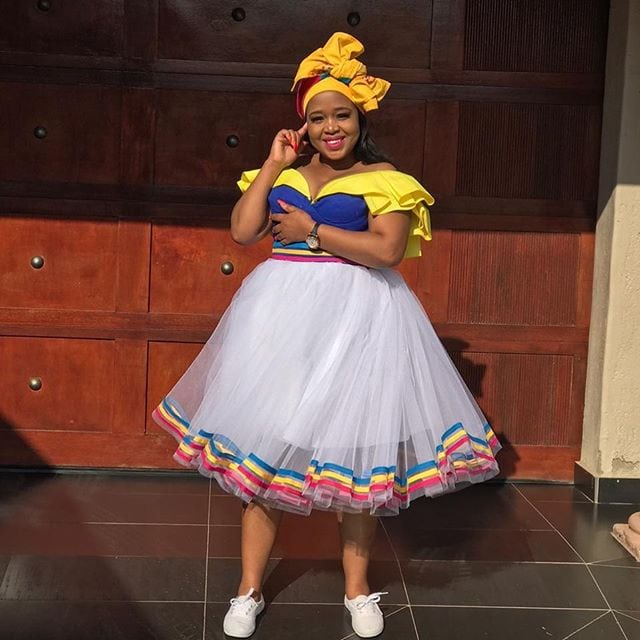Have you ever wondered what makes South African names so unique? Common South African names are more than just words—they’re a reflection of the country’s rich cultural tapestry. From Zulu to Xhosa, Afrikaans to English, each name tells a story, carries meaning, and connects people to their heritage. Whether you're diving into this topic for personal curiosity or professional reasons, you're about to uncover some fascinating insights that’ll blow your mind.
South Africa is often called the Rainbow Nation, and for good reason. With 11 official languages and countless traditions, it’s no surprise that names in South Africa vary wildly. Some are deeply rooted in indigenous cultures, while others reflect colonial influences or modern trends. This diversity makes exploring common South African names an exciting adventure.
Before we dive deeper, let me set the scene. Imagine walking through a bustling market in Johannesburg or strolling along the beaches of Cape Town. You hear names like Thando, Sipho, and Zanele being called out, each one carrying its own significance. These names aren’t just labels—they’re windows into the soul of South Africa. Ready to learn more? Let’s go!
Read also:Twin Dragon Hibachi The Art Of Flavor And Fire
Table of Contents
The History Behind Common South African Names
Cultural Significance of South African Names
Popular South African Names Across Ethnic Groups
Read also:Jon B Albums A Journey Through Rampb Excellence
Afrikaans Names and Their Influence
Modern Trends in South African Naming
Tips for Choosing a South African Name
The History Behind Common South African Names
Names have always played a crucial role in shaping identity, and South Africa is no exception. The history of common South African names is a complex interplay of tradition, colonization, and globalization. Before the arrival of European settlers, indigenous groups like the Zulu, Xhosa, and Sotho had well-established naming conventions tied to their cultures and beliefs.
Colonization brought significant changes, with many Africans adopting Christian names as part of missionary efforts. However, these new names often coexisted alongside traditional ones, creating a dual naming system that persists to this day. For example, someone might be known as John at work but go by Mkhulu—a Zulu name meaning "grandfather"—within their family circle.
Today, globalization continues to influence naming trends, with parents increasingly choosing names inspired by global celebrities or pop culture. Yet, despite these shifts, traditional names remain deeply cherished and celebrated across the country.
Colonial Impact on South African Naming Practices
During the colonial era, European names became widespread in South Africa. Many Africans were forced to adopt surnames chosen by colonial authorities, often based on physical characteristics or occupations. While this was a form of oppression, it also led to the creation of hybrid names that blended African and Western elements.
For instance, the surname "Mbeki," which means "shepherd," was likely assigned to someone who worked as a herdsman under colonial rule. Over time, such names gained prominence and became integral parts of African identity, transcending their original context.
Cultural Significance of South African Names
South African names are steeped in cultural meaning. Unlike Western names, which are often chosen for their sound or popularity, African names typically carry specific connotations related to life events, family history, or spiritual beliefs. For example, a child born during a time of hardship might be named Nkosinathi, which means "God is present," as a way of expressing faith in difficult times.
Names can also signify the order of birth. In Zulu culture, the firstborn son might be called Mkhulu, while a younger sibling could be named Ndabezitha, meaning "the one who holds us together." These names serve as constant reminders of familial roles and responsibilities.
In addition to personal significance, names often reflect broader societal values. Words like ubuntu ("humanity") frequently appear in names, underscoring the importance of community and interconnectedness in African philosophy.
How Names Reflect Tribal Identity
Each tribe in South Africa has its own set of naming conventions. For example, among the Xhosa, names often begin with prefixes like "Thand-" (meaning "love") or "Sip-" (meaning "thankfulness"). Similarly, Sotho names frequently incorporate words like "Molefe" (meaning "growth") or "Tshepo" (meaning "hope").
These naming patterns help reinforce tribal identity, even as globalization blurs cultural boundaries. By preserving traditional names, South Africans ensure that their heritage remains alive and vibrant for future generations.
Popular South African Names Across Ethnic Groups
While every ethnic group in South Africa has its own unique naming traditions, certain names have gained widespread popularity across the board. Below, we take a look at some of the most common South African names and their meanings:
- Thando: A Xhosa name meaning "love." It's widely used across South Africa and is one of the most popular female names.
- Sipho: Another Xhosa name meaning "gift" or "thankfulness." It's commonly given to boys and girls alike.
- Zanele: A Zulu name meaning "she has been given." Often associated with strength and resilience.
- Themba: An isiNdebele name meaning "hope" or "faith." Popular among both men and women.
- Khanya: A Xhosa name meaning "light" or "star." Increasingly favored due to its poetic connotations.
These names not only sound beautiful but also carry deep meanings that resonate with people from all walks of life.
Top 5 Male and Female Names in South Africa
According to recent data, here are the top five male and female names in South Africa:
Male Names:
- Thabo
- Lerato
- Siya
- Thulani
- Phindile
Female Names:
- Thandiwe
- Nomvula
- Sibongile
- Thandeka
- Zinhle
Zulu Names and Their Meanings
Zulu names are renowned for their power and depth. Each name carries a message or lesson, making them far more than just labels. Here are a few examples:
- Mandla: Meaning "power" or "strength," this name is often given to boys in hopes they will grow up to be leaders.
- Nokukhanya: Meaning "light" or "hope," this name reflects the joy and optimism associated with a new life.
- Ngcobo: Meaning "praise," this name is often used to honor ancestors and express gratitude for their blessings.
What makes Zulu names particularly special is their connection to family and community. They often reference past generations or significant life events, ensuring that history is never forgotten.
Traditional Zulu Naming Ceremonies
In Zulu culture, naming ceremonies are an important rite of passage. Families gather to celebrate the arrival of a new baby and bestow upon them a name that reflects their hopes and dreams for the child. Elders play a key role in this process, offering blessings and wisdom to guide the child throughout their life.
These ceremonies also serve as opportunities for storytelling, where ancestors and family histories are shared with the younger generation. Through this tradition, Zulu names become living links to the past, connecting individuals to their roots and heritage.
Xhosa Names and Traditions
Xhosa names are equally rich in meaning and tradition. Like Zulu names, they often reflect life experiences or spiritual beliefs. For example, the name "Thandeka" means "beloved," while "Nokwanda" means "she who has come back," often given to a child born after the loss of a sibling.
Xhosa naming practices emphasize the importance of community and family. Names are chosen carefully, often involving input from grandparents and other elders. This collaborative approach ensures that the chosen name aligns with the family's values and aspirations.
Unique Features of Xhosa Names
One distinctive feature of Xhosa names is the use of prefixes. For example, "Thand-" is a common prefix meaning "love," found in names like Thandeka and Thandiswa. Similarly, "Sip-" means "thankfulness," appearing in names like Sipho and Siphokazi.
These prefixes create a sense of unity and shared identity among Xhosa people, reinforcing the idea that names are not just personal but communal as well.
Afrikaans Names and Their Influence
While much of the focus on South African names centers around indigenous languages, Afrikaans names also play a significant role in the country's naming landscape. Many Afrikaans names have biblical origins, reflecting the strong Christian influence in the Afrikaans community.
Popular Afrikaans names include:
- Johan: The Afrikaans version of John, meaning "God is gracious."
- Marietjie: A diminutive form of Maria, meaning "bitterness" or "rebellion."
- Pieter: The Afrikaans equivalent of Peter, meaning "rock."
Despite their European roots, Afrikaans names have become an integral part of South African identity, blending seamlessly with indigenous naming traditions.
Hybrid Names in Multiracial Families
As South Africa becomes increasingly multicultural, hybrid names are becoming more common. These names combine elements from different languages and cultures, creating something entirely new yet rooted in tradition. For example, a child might have an Afrikaans first name like Pieter paired with a Zulu surname like Mkhize, symbolizing unity and diversity.
English Names in South Africa
English names have also gained popularity in South Africa, particularly among urban dwellers and those with ties to Western culture. Names like Michael, Sarah, and Emma are now commonplace, often used alongside traditional African names.
This trend reflects the globalized nature of modern South Africa, where people are exposed to a wide range of influences. However, it's worth noting that even English names can carry local nuances. For example, the name "Khayelitsha" might be paired with "Michael," creating a unique blend of cultures.
Choosing Between Traditional and Western Names
For many South Africans, deciding between traditional and Western names can be a challenging decision. Some choose to honor their heritage by sticking to indigenous names, while others embrace Western names for their perceived modernity or ease of pronunciation.
Ultimately, the choice depends on personal preference and family values. What matters most is that the chosen name reflects the child's identity and connects them to their roots, wherever those roots may lie.
Modern Trends in South African Naming
As society evolves, so do naming trends. In recent years, South Africans have shown a growing interest in unique and creative names. This trend is partly driven by social media, where parents share their favorite names and inspire others to think outside the box.
Some popular modern names include:
- Amahle: Meaning "the beautiful one," this name reflects a desire for individuality and self-expression.
- Khensu: A name inspired by ancient Egyptian culture, symbolizing wisdom and enlightenment.
- Tamaryn: A fusion of Tamara and Marilyn, this name blends African and Western influences in a refreshing way.
While these names may seem unconventional, they highlight the creativity and diversity that define contemporary South Africa.
The Role of Social Media in Shaping Naming Trends
Social platforms like Instagram and Facebook have revolutionized the way people choose names. Parents now turn to these platforms for inspiration, sharing their favorite names and discussing naming traditions with others around the world.
This global exchange has led to the emergence of new naming conventions, where traditional names are combined with modern twists


